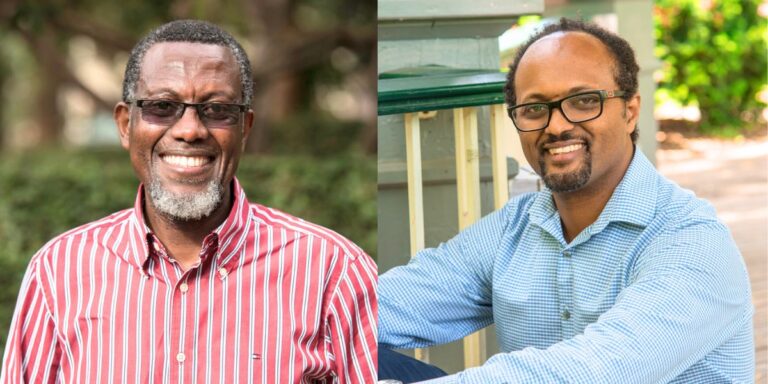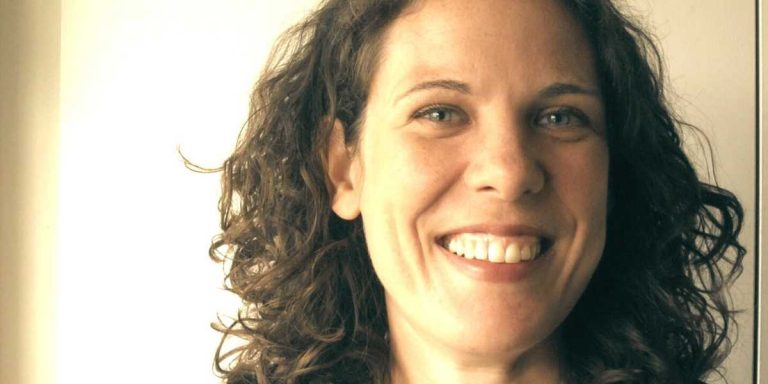The Battle Against Climate Anxiety
Working in conservation and climate change is hard. As more of our clients ask us to support them in this area, we want to better understand their needs. And so we recently invited a small group of them to tell us about the obstacles to their wellbeing. Here’s some of what they told us.
Finding, preserving and nurturing hope is a challenge. Many people believe “I’m too small to make a difference” and “the system is too broken to make a change”. This can be exhausting and demoralising. Finding hope often depends on focusing on small wins, and seeing how they accumulate.
There are very blurred lines between work and home life. This isn’t the kind of work people can pick up and put down again. They come home from work and it’s still on their mind, as climate change impacts so many areas of life.
The language used in climate and conservation work is troublesome. It’s often the language of war: it’s a ‘battle’ being ‘fought’, in which organisations have ‘boots on the ground’. This kind of language urges people to make big sacrifices, as people do in war. And if they don’t routinely do this, they feel shame.
Some feel they are in a constant emergency state. One attendee told us how hard it is to say no to a new piece of work “because not doing something could mean the end of a species”. This is immense pressure. It leads to setting almost impossible targets, with short deadlines.
A good manager can make a big difference. Those leaders who are mindful and sensitive to managing stress are really valuable in this field of work. And so there needs to be a focus on training managers on self-care, understanding stress, and supporting a team to do the same.
The dominant narratives in climate work sometimes need to be flipped upside down. It’s important to tell people about the consequences of not acting on climate change, but this narrative can keep people feeling powerless. That’s why it’s crucial to make people aware of the benefits of acting, rather than just the consequences of not acting. This helps people find agency, energy and passion. It’s more effective and it’s more sustainable.
Staff wellbeing is not really on the agenda. One contributor used the phrase ‘balance is betrayal’, suggesting that when people take time out from their work, it is a betrayal of their work. We were told how some still see mental health challenges as a sign of a person’s weakness. To change this, there needs to be conversations had at the highest level of leadership in organisations.
Partnerships are important, but they can be hard. Joining with others to do good work can relieve stress and bring encouragement. However, they don’t always work. Sometimes partners are more concerned about being seen to do good, than to actually do good.
This work involves making really hard decisions. With so much work to do, and often too few resources to do it, it’s a constant challenge to know where to focus time and effort. Some organisations will move from one project to another, reacting to new situations. This increases the risk of burnout.
Does this post resonate with you? Explore our Resilience Check-Ins. And to hear about new services for climate and conservation workers, sign up to our mailing list.










